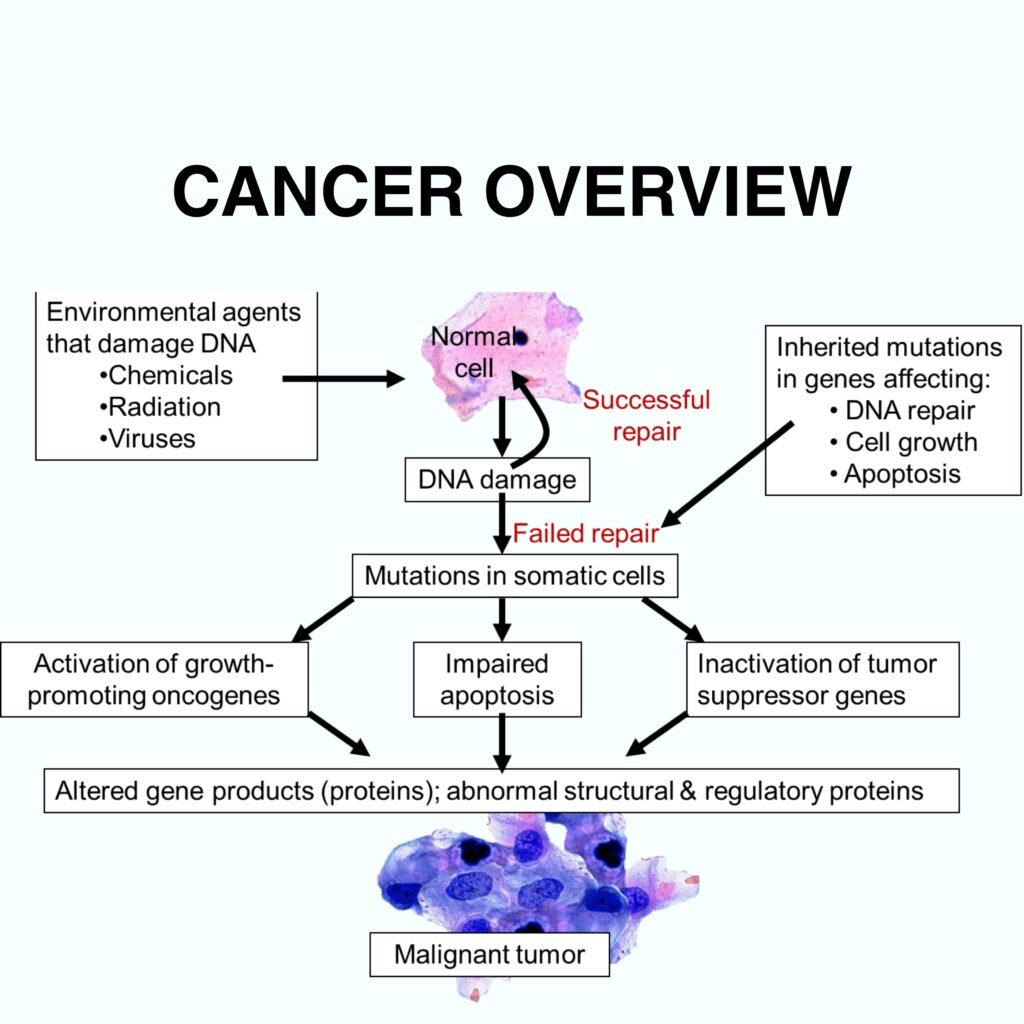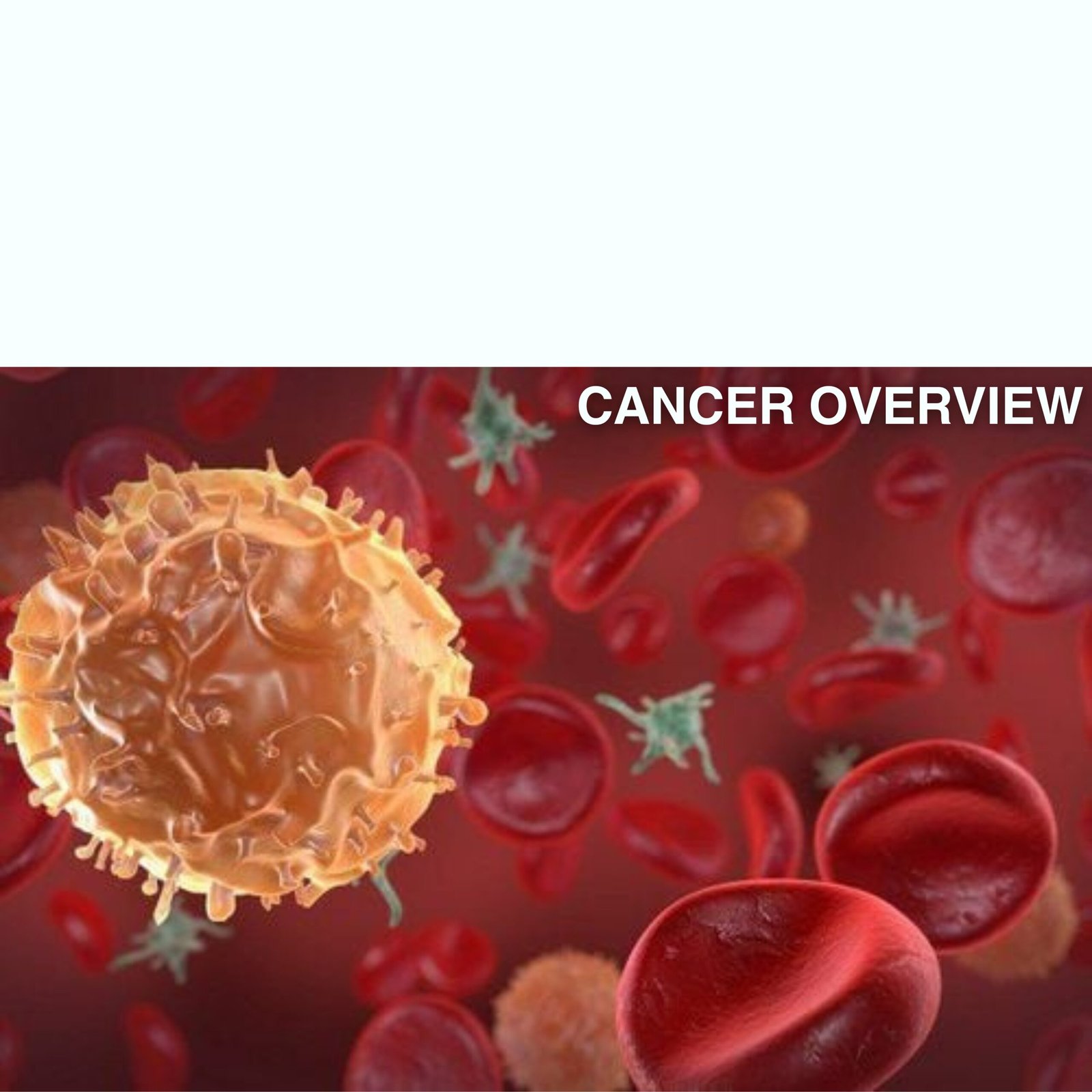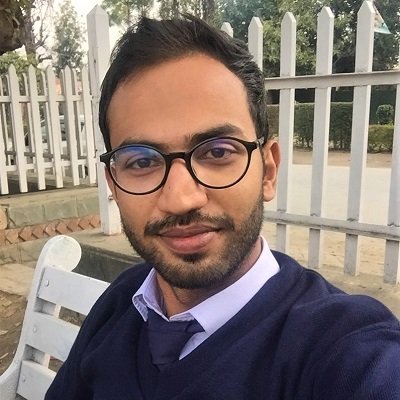In the ever-evolving landscape of cancer research, the year 2023 unfolded with a tapestry of surprises, advancements, and hope, offering glimpses into a future where the fight against cancer grows increasingly promising. Childhood cancer survival rates soared to an impressive 85%, driven by advancements in therapy. Artificial intelligence emerged as a powerful tool in the fight against cancer, acting as a detective in early detection efforts. The advent of personalized “vaccines” targeting specific mutations offered hope in preventing cancer recurrence and even for patients with advanced cancer, exercise demonstrated remarkable benefits, enhancing both quality of life and potentially survival rates.

While ongoing research delves into the anti-tumor properties of cannabis, the use of 3D printing technology personalized treatment with custom implants and prosthetics. Despite these strides, the enduring struggles of cancer survivors underscored the need for comprehensive support systems. Nevertheless, amidst these challenges, the field of cancer research brimmed with optimism, offering a glimpse of a future where the disease becomes more manageable, and perhaps even curable. Ultimately, the insights gleaned from the discoveries of 2023 paint a fascinating picture of progress and potential in the ongoing battle against cancer.
Cancer casts a long shadow over global health, claiming nearly 10 million lives in 2020 and ranking as the second leading cause of death worldwide. Its reach extends far and wide, affecting millions of people regardless of age or background. This alarming reality, coupled with the projected rise in cases, demands immediate attention and action. However, the fight against cancer faces significant challenges. Stark inequities exist in access to prevention, diagnosis, and treatment, with low- and middle-income countries bearing the brunt of the suffering. The financial burden imposed by cancer care further strains healthcare systems in these regions, creating a vicious cycle of limited resources and inadequate care.
The gravity of this situation has not gone unnoticed. Organizations are calling for cancer to be recognized as a top global health priority. This recognition is crucial for mobilizing resources and driving coordinated efforts. A key focus lies in prevention, promoting healthy lifestyles and vaccinations against cancer-causing viruses. Early detection also plays a vital role, improving treatment outcomes and saving lives.
But prevention and detection alone are not enough. Ensuring equitable access to affordable and effective treatments is a crucial step in tackling this global challenge. By bridging the gaps in healthcare access and creating sustainable solutions, we can empower individuals and communities to fight back against cancer. Addressing cancer’s global burden requires a multifaceted approach, prioritizing prevention, ensuring equitable access to treatment, and mobilizing resources effectively. Only through coordinated global action can we hope to lessen the impact of this devastating disease and create a healthier future for all.
2023 witnessed a surge in exciting cancer research breakthroughs. In genetics, “liquid biopsies” analyzed tumor DNA fragments in blood, aiding personalized treatment. Whole-genome sequencing delved deeper into individual mutations, while AI helped dissect complex data. Emerging technologies like multimodal imaging provided clearer tumor pictures, and blood tests promised earlier cancer detection. Immunotherapy saw progress with new CAR T-cell generations and BiTEs that redirect immune cells.
Targeted therapies advanced with ADCs delivering potent drugs directly to cancer cells. Understanding cancer stem cells, crucial for preventing recurrence, improved thanks to single-cell analysis and targeted drug development. This is just a snapshot of 2023’s progress, and research continues to push boundaries with the goal of defeating cancer. However, it’s essential to remember that these advancements are at various stages of development, and consulting a healthcare professional for personalized guidance remains crucial.
The year 2023 witnessed a surge in international cooperation to tackle the global cancer burden and its unjust disparities. The World Health Organization launched its Global Cancer Observatory, offering open-access data for informed decision-making. World Cancer Day focused on “Closing the Care Gap,” while initiatives like UICC’s “5k Challenge” promoted preventive measures. Research consortia like IARC and Cancer Grand Challenges accelerated progress in research and interventions, particularly in underserved regions. Sharing best practices, capacity building, and technology transfer further fueled the collaborative spirit. Though challenges persist, 2023 marked a significant step towards ensuring equitable access to cancer prevention, early detection, and treatment worldwide, offering hope for millions battling this disease. Remember, this is just a snapshot of the ongoing fight, and further exploration can delve deeper into specific programs and their impactful contributions.


